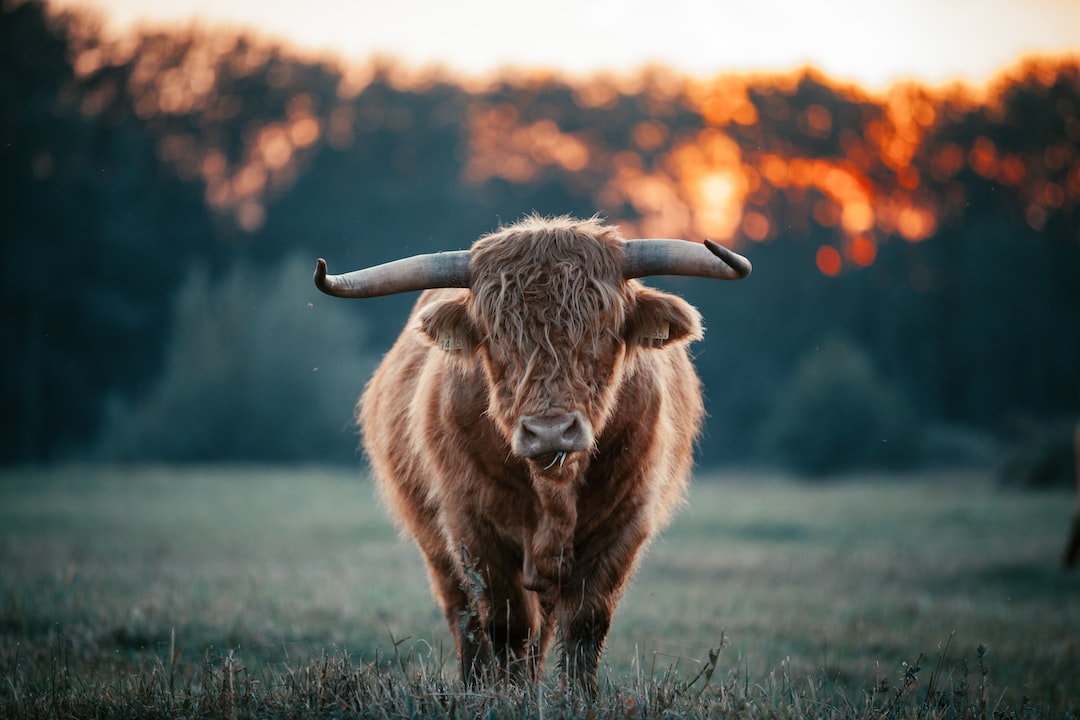Animal Conservation: Why Protecting Endangered Species Matters
Our planet is home to a diverse range of living organisms, each playing a crucial role in maintaining the delicate balance of our ecosystems. However, in recent years, the alarming increase in species extinction rates has raised concerns about the long-term consequences for both nature and humanity. It is in light of these concerns that animal conservation, specifically the protection of endangered species, has emerged as a critical issue deserving our attention and action.
Endangered species are those whose population size has drastically declined, putting them at risk of extinction in the near future. Human activities, such as habitat destruction, pollution, climate change, and overexploitation, are the primary drivers behind the accelerated rates of species loss. The extinction of species is not a new phenomenon; it has occurred naturally throughout Earth’s history. However, the alarming rate at which species are currently disappearing is largely due to human actions, making it our responsibility to rectify the damage we have caused.
One of the primary reasons why protecting endangered species matters is due to their role in maintaining biodiversity. Biodiversity refers to the variety of life forms present in a particular habitat or on Earth as a whole. It is this biodiversity that ensures the proper functioning of ecosystems, providing essential services such as pollination, nutrient cycling, and pest control. When a species becomes extinct, it disrupts the delicate balance of the ecosystem, potentially leading to a cascade of negative effects on other species and, ultimately, on human societies.
For instance, bees, which are currently facing declining populations, play a crucial role as pollinators. They are responsible for pollinating a significant portion of our food crops, ensuring the production of fruits, vegetables, and nuts. If bees were to become extinct, it would have severe consequences for global food security and could lead to significant economic losses. This example illustrates the intricate and often overlooked connections between species and the services they provide, underscoring the importance of protecting endangered species to safeguard our own well-being.
Furthermore, the protection of endangered species is necessary to preserve our cultural and aesthetic heritage. Many people derive immense pleasure and inspiration from interacting with diverse species of animals, whether by observing them in their natural habitats or through visits to zoos and conservation centers. The loss of iconic and charismatic species can impact our emotional well-being and rob future generations of the opportunity to experience the beauty and wonder of our planet’s wildlife.
Moreover, wildlife tourism often serves as an important revenue stream for local communities, contributing to their economic development. For example, gorilla trekking safaris in Rwanda and Uganda attract thousands of tourists each year, boosting the local economy and providing incentive for the conservation of these magnificent primates. By protecting endangered species, we not only preserve their intrinsic value but also foster sustainable development and economic opportunities for communities around the world.
Additionally, the protection of endangered species can lead to scientific breakthroughs and innovations. Through research and study of these species, scientists can uncover unique physiological, biochemical, and genetic adaptations that may hold the key to solving pressing human health issues. For instance, the venom of the cone snail, a threatened species, has led to the development of potential painkillers that are more effective than common opioids. By allowing endangered species to disappear, we could potentially be losing invaluable resources for improving human well-being.
In conclusion, animal conservation and the protection of endangered species are matters of utmost importance. Preserving biodiversity, safeguarding our own well-being, protecting our cultural heritage, fostering sustainable development, and enabling scientific advancements are all essential reasons why we should prioritize the conservation of endangered species. It is our collective responsibility to take action, both individually and as a society, to protect our planet’s precious wildlife and ensure a sustainable future for all.


